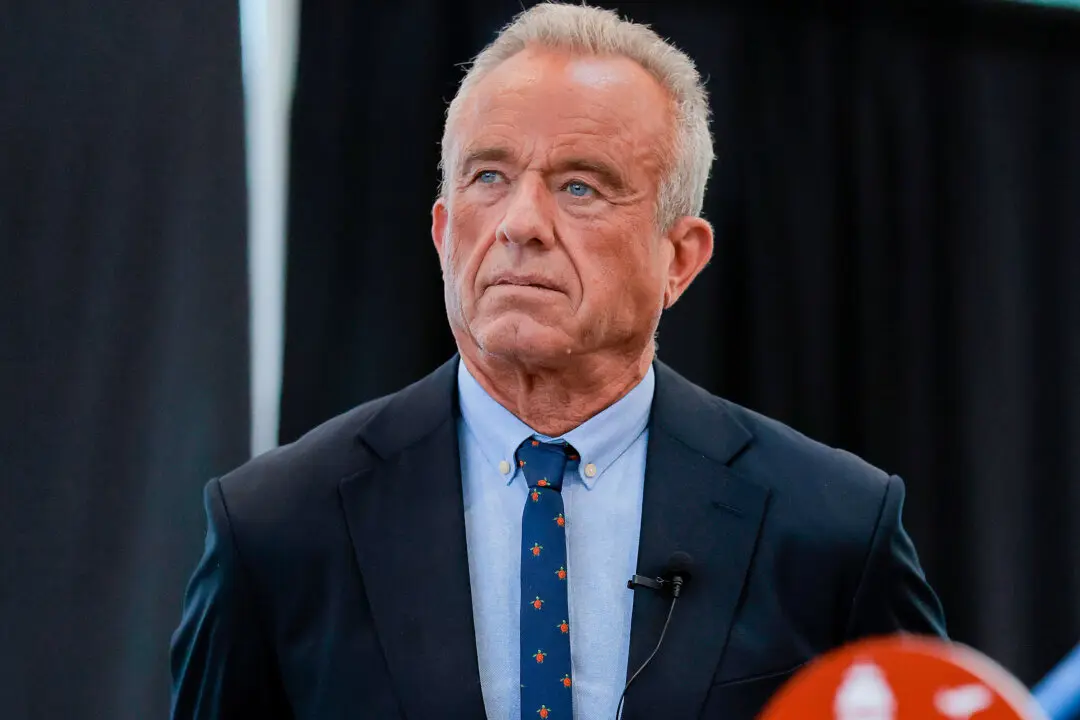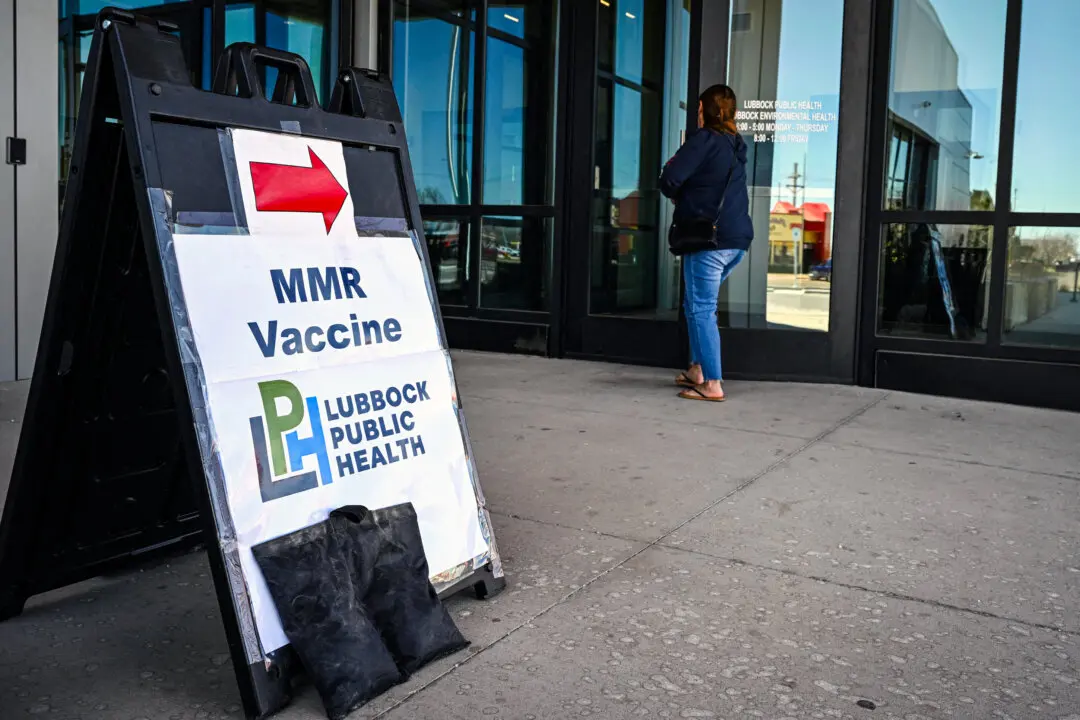Former New York Times reporter Alex Berenson sued Twitter this week, alleging his permanent suspension from the social media platform violated the U.S. Constitution’s First Amendment and federal and California laws.
Berenson was banned from Twitter in August. Twitter said he repeatedly violated the company’s COVID-19 misinformation rules. The rules prohibit sharing “false or misleading information about COVID-19 which may lead to harm,” though the company itself includes misinformation on its page, suggesting people who have been vaccinated cannot spread COVID-19.





